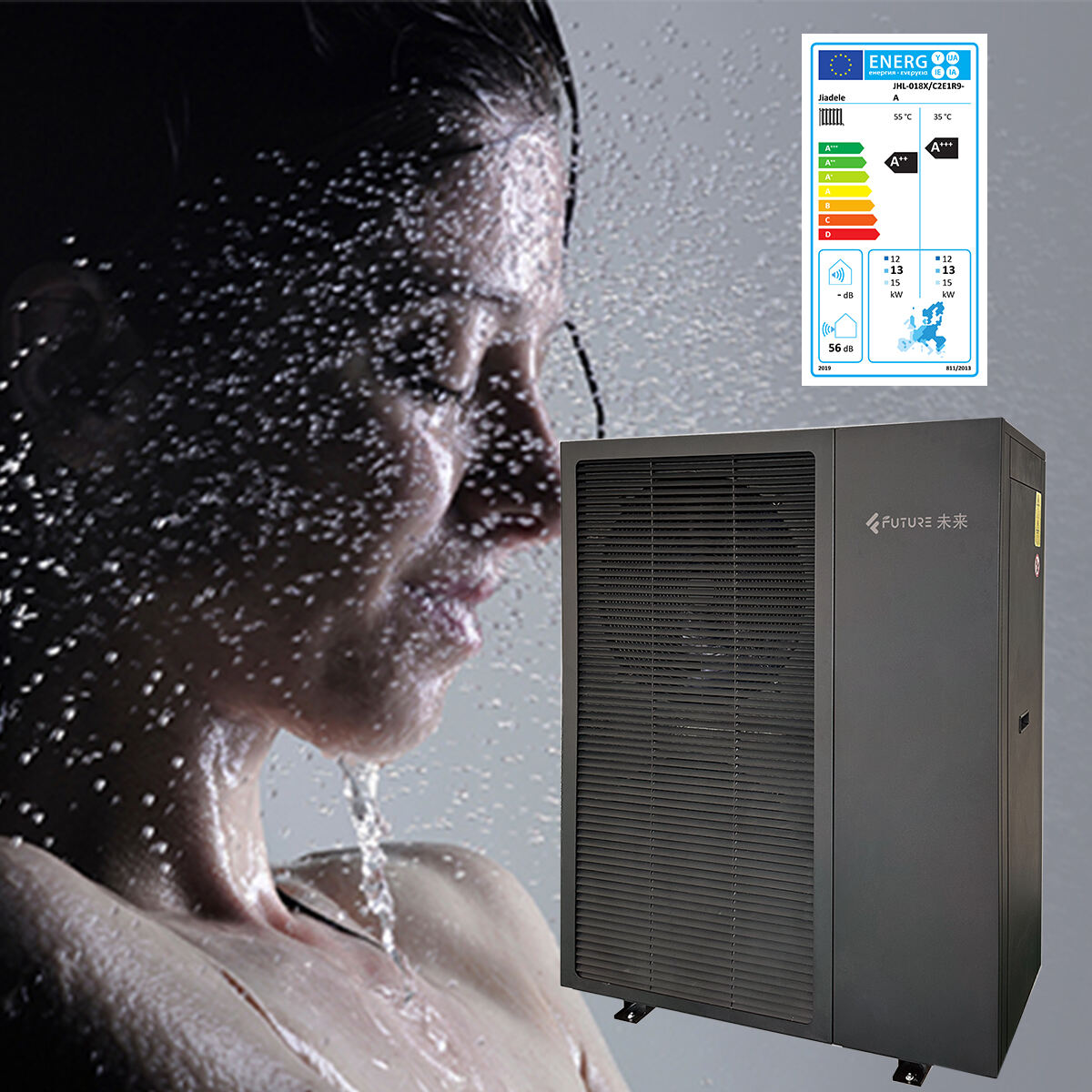življenjska doba domače toplinske pumpe lahko variira glede na več dejavnikov:
Tipična življenjska doba
Splošno domači toplinske pumpe lahko trajajo med 15 in 20 let. To je povprečna ocena, in s pravilno ohranitvijo in skrbjo nekatere toplinske pumpe lahko trajajo še dolžje.
Dejavniki, ki vplivajo na življenjsko dobo
Kakovost in znamka
Višje kakovosti toplinske pumpe iz zavernih znamk pogosto imajo daljši življenjski cikel. Znamke, ki vlagajo v raziskave in razvoj ter uporabljajo trajne materiale in napredne tehnologije, običajno proizvajajo enote, ki so bolj zanesljive in trajne. Na primer, nekatere dobro poznane znamke so znane po svoji robustni gradnji in lahko trajajo blizu 20 let ali več.
Počasne, manj zveste znamke morda imajo krajši življenjski cikel, nekaterikrat le okoli 10 let ali manj.
Namestitev
Pravilna namestitev je ključna za dolgotrajnost toplinske pumpe. Profesionalna namestitev zagotavlja, da je enota pravilno dimenzionirana za prostor, pravilno povezana s trbušnjaki (če je primerno) in nameščena na mestu, ki omogoča dovolj veliko tokov zraka in minimalno izpostavljenost ekstremnim vplivom. Če je namestitev izvedena napačno, lahko to pripomore k predčasnemu iznosu in skrati življenjski cikel toplinske pumpe.
Če je naprava na primer nameščena v tesnem prostoru, ki omejuje pretok zraka, lahko toplotna črpalka dela bolj kot je potrebno, kar poveča obremenitev komponent in skrajša življenjsko dobo.
Načini uporabe
Način uporabe toplotne črpalke vpliva tudi na njeno življenjsko dobo. Pogosto vklopljanje in izklopljanje, delovanje naprave pri ekstremnih temperaturah za daljše obdobje ali preobremenitev sistema lahko skrajšajo njeno življenjsko dobo.
vzdrževanje
Redno vzdrževanje lahko znatno podaljša življenjsko dobo toplotne črpalke. To vključuje naloge, kot so redno čiščenje ali zamenjava filtrov za zrak (vsak mesec ali tri), preverjanje in čiščenje zunanje enote za odstranjevanje smeti in umazanije ter strokovni pregledi in uravnavanje vsaj enkrat letno.
Če vzdrževanje zanemarite, lahko pride do težav, kot so zamašeni filtri, ki lahko zmanjšajo pretok zraka in učinkovitost, in umazani vijakovi, zaradi katerih lahko toplotna črpalka dela težje in porabi več energije. Sčasoma lahko te težave povzročijo okvaro komponent in krajšo življenjsko dobo.
Na primer, če je pompen za toploto neprestano v uporabi za segrevanje slabo izoliranega doma v zelo hladnih temperaturah, bo morala delovati veliko trdeje kot, če bi bil dom pravilno izoliran in nastavitve temperature bile bolj umiernjene. Ta povečana povzroča lahko predčasno iznos komponent.

 EN
EN
 AR
AR
 BG
BG
 HR
HR
 CS
CS
 DA
DA
 NL
NL
 FI
FI
 FR
FR
 DE
DE
 EL
EL
 HI
HI
 IT
IT
 JA
JA
 KO
KO
 NO
NO
 PL
PL
 PT
PT
 RO
RO
 RU
RU
 ES
ES
 SV
SV
 ID
ID
 LV
LV
 LT
LT
 SR
SR
 SK
SK
 SL
SL
 UK
UK
 VI
VI
 SQ
SQ
 ET
ET
 HU
HU
 TH
TH
 TR
TR
 MS
MS
 HY
HY
 HA
HA
 LO
LO
 MY
MY

